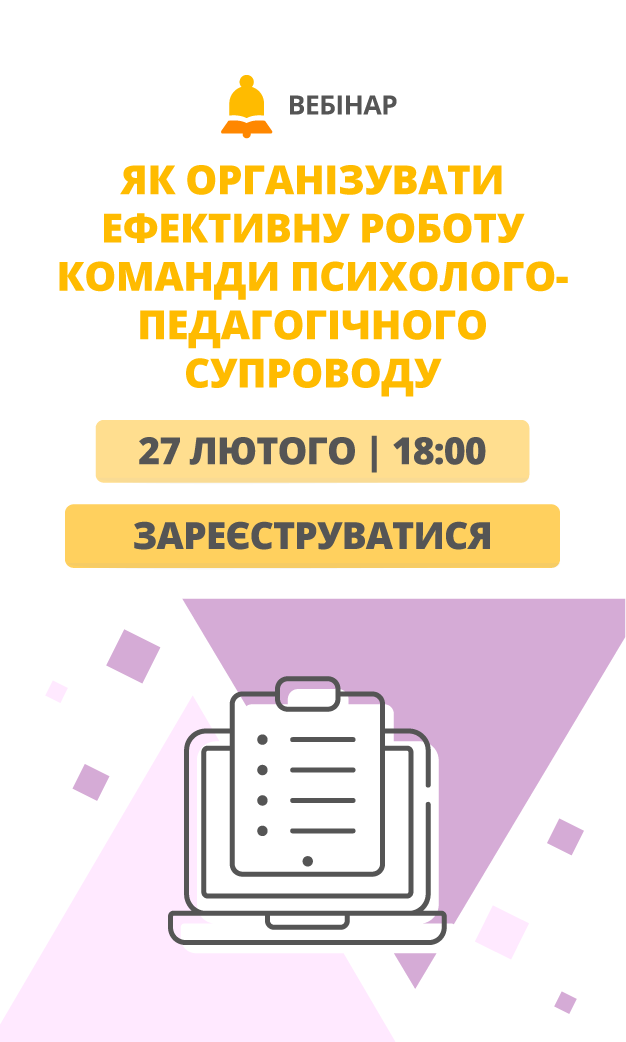Музичні інструменти. Граматичний довідник
Мета: вдосконалювати навички читання, аудіювання й писемного мовлення, вживання лексичних одиниць у непрямій мові; сприяти розвитку самостійного мислення, елементів аналізу й самоаналізу, спостережливості й уваги; розвивати комунікативні здібності учнів.
8th grade January, 23 2018
Тема. Musical Instruments. Grammar Revision
Мета: вдосконалювати навички читання, аудіювання й писемного мовлення, вживання лексичних одиниць у непрямій мові; сприяти розвитку самостійного мислення, елементів аналізу й самоаналізу, спостережливості й уваги; розвивати комунікативні здібності учнів.
ХІД УРОКУ
|
|
We will talk about Musical Instruments/ Which instruments do you know?
|
|
Підготовка до іноземного мовлення Warming up Children do exercise by themselves and Grayson reads all text , children check |
Ex. 1 p.97 a) Work in pairs. Read and choose the correct item to complete the sentences. 1. Jazz started among ..... . a) slaves from West Africa b) farmers from Ireland c) painters from Cuba 2. A popular type of music in which the words are spoken, not sung, is called ..... . a) tap b) rap c) step 3. The music of Bach, Beethhoven, and Mozart is called ..... music. a) antique b) traditional c) classical 4. Traditional music played by the ordinary people is called ..... music. a) folk b) free c) simple 5. The traditional Black American music is called ..... . Many of these songs are about how difficult life is. a) gospel b) reggae c) blues 6. The Beatles invented the new style of music called ..... . a) heavy metal b) beat c) rock and roll Work in pairs. Read and choose the correct item to complete the sentences. Jazz started among slaves from West Africa. A popular type of music in which the words are spoken is called rap. The music of Bach, Beethoven and Mozart is called classical music. Traditional music played by the ordinary people is called folk music. Listen (p. 252) and check your answers. |
|
Alina |
Homework |
|
Speaking
|
a) Ex. 2, p. 96 — Work in pairs. Take turns to ask and answer the questions. Add information. Speak using the example of Ex. 2, p. 96. I’m into jazz. I’m a great / big fan of pop. This tune is enchanting. This melody makes me feel better. This style arises positive emotions in my soul. In my opinion, this style of music is hard to listen to. This rhythm affects my nerves. It sounds like nothing I’ve ever heard before. d) Children write their own dialogues. |
|
Mr. Webster reads the names of the instruments. |
Ex. 3, p. 97 — Listen and repeat the names of the musical instruments. e) Look at the pictures again and write the names of instruments under the correct heading Stringed instruments: instruments that have strings; Wind instruments: instruments that we blow; Percussion instruments: instruments that we hit; Keyboard instruments: instruments that have keys. Compare in list with each other. |
|
Reading Grayson & Alina |
) Ex. 4, p. 98 — Read what children say about the musical instruments they play. Match their stories to the photos. Read the statements and say what musical instrument it is. 1. The sound of this musical instrument is unusual, but it is good for dancing. 2. This is a wind instrument made of special tubes. 3. The material this musical instrument is made of changes its sound. 4. This is a common keyboard musical instrument. Many children learn to play it. |
|
Grammar Lab: Grayson explains
|
Modal verbs are auxiliary verbs – they are used with other main verbs. Modal verbs are can, could, will, would, may, might, shall, should and must. Modal verbs show the speaker’s attitude or feelings about a situation. The same modal verb can be used in different meanings, depending on the situation. Certainty and uncertainty 100% certainty will 95% – 100% deduction must, can’t 80% expectation should 30% – 70% uncertainty may, might, could 0% certainty won’t We use will and won’t when we are certain about something in the future. We use must and can’t when we know something is certain because it is logical, or when we make an assumption because of the facts of the situation. We use should when we expect that something will happen. We use may, might and could when we are uncertain. |
|
Homework Alina |
Write diff erent types of questions to the sentences given below. 1. He wants to become a pop star. 2. Music helps people to express themselves. 3. I have always dreamt of playing the piano. 4. We enjoy our traditional folk music. 5. My favourite group has already recorded a new album. 6. I’m going to participate in the school concert. |


про публікацію авторської розробки
Додати розробку
